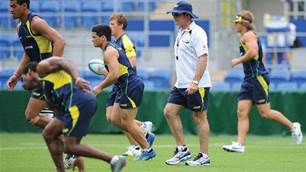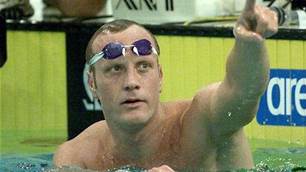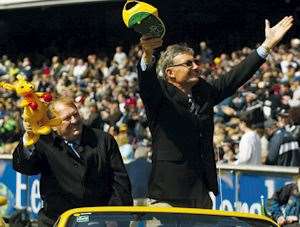Three decades on, it’s difficult to overstate the significance of Australia II’s victory in the 1983 America’s Cup.
Does the America’s Cup need to get away from this situation where the winner sets the rules? Does it need to come back to a more consistent format?
Well, there’s no question that there’s confusion out there with the changes that have happened over the years. But it cuts both ways. The interesting quirk about the America’s Cup is that the winner takes all, including the ability to change the format if they see fit. And I think a big part of the intrigue of this event is that aspect, the deed of gift. If you take that away and have a controlling body, then I think there’ll be less interest. Yes, it’s logical to have a governing body. But does it take some of the magic away? Possibly, yes.
You’re the chairman of selectors for Australia’s Olympic sailing team. You must have been thrilled with the nation’s results in London last year ...
Absolutely. Unlike the America’s Cup, the Olympics is the puritanical cutting-edge of sailing. It’s a totally different animal altogether. But having been involved in two Olympics myself, it was a great thrill to see the Australian team perform with the professionalism it showed in London.
The sailing medals certainly bulked up our London medal tally. Can you see sailing becoming the new swimming in Australian sport?
Well, we sent 13 sailors to the London Olympics and we won three golds and one silver. Of course, the reality is, you can only win one event per competitor in sailing, whereas a swimmer can win multiple medals. So if you talk about bang for your buck, swimming will always supersede pretty much any other sport we compete in at the Olympics. But I think the potential results for Rio 2016 look very strong. The administration’s extremely tight, highly focussed and very professional in its attitude. We’re seeing a cycle that’s evolved since the 2000 Olympics.
Mat Belcher recently won yet another world championship ...
Yep, his fourth world championship in a row – something that’s never been done in the history of the 470 class. An amazing result. Mat’s an extremely focussed and intelligent athlete. He’s also got Victor Kovalenko – the most successful coach the world of sailing has ever seen – supporting him. To have those types of people leading the team in terms of culture and focus is extremely powerful for our sailing team.
You won Olympic bronze at the infamous 1976 Montreal Games, where the Australian team returned without a single gold medal. What was the atmosphere like over there?
Well, us sailors were in Kingston, Ontario, which is west of Montreal, so we were apart from the village. But those ’76 Games was the last of the weekend warriors for Australia ... It really was amateur hour for us. In the Finn class, where I was sailing, the East Germans won the gold, and those guys were extremely well practised and had great support. I had no coaches, no nothing. My wife and I got $14 a day to cover our expenses. We were sleeping in the back of the car ... Of course, that didn’t change the attitude or the motivation, but relative to the Eastern Bloc nations, we were a world apart.
− Aaron Scott
Related Articles

Video interview: Drinks With ... Matt Millar

Michael O'Connor still an asset to Aussie 7s squads



.png&h=115&w=225&c=1&s=1)










